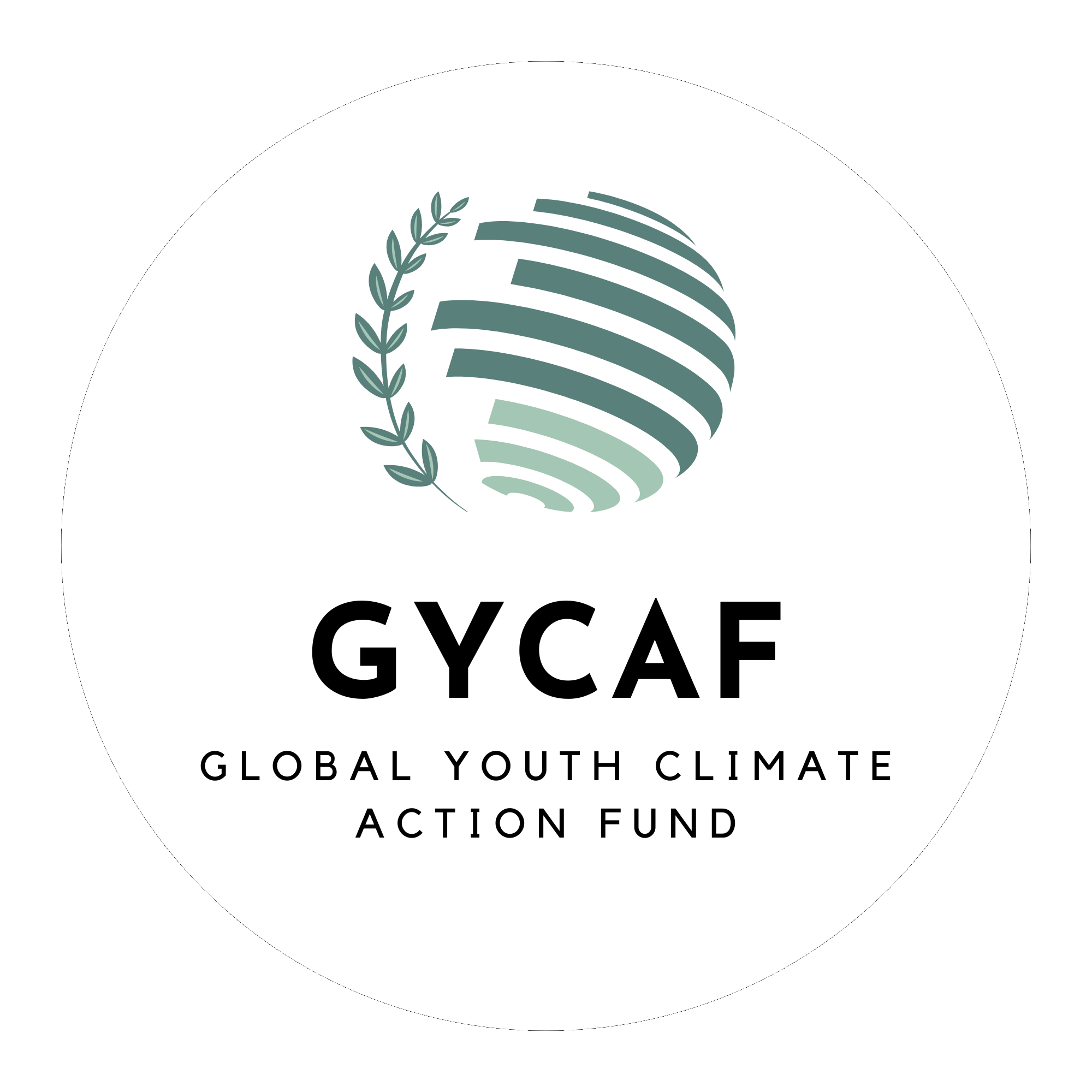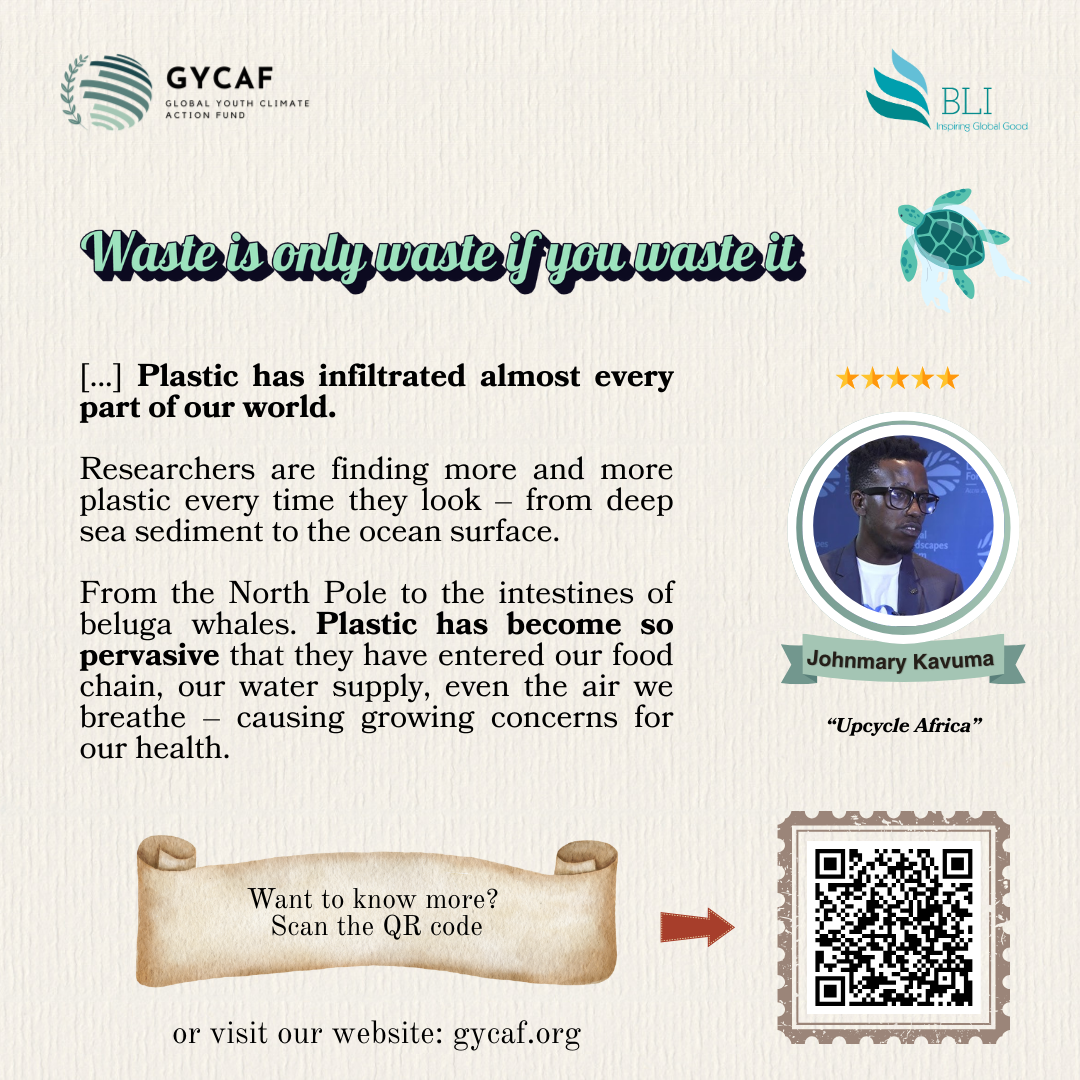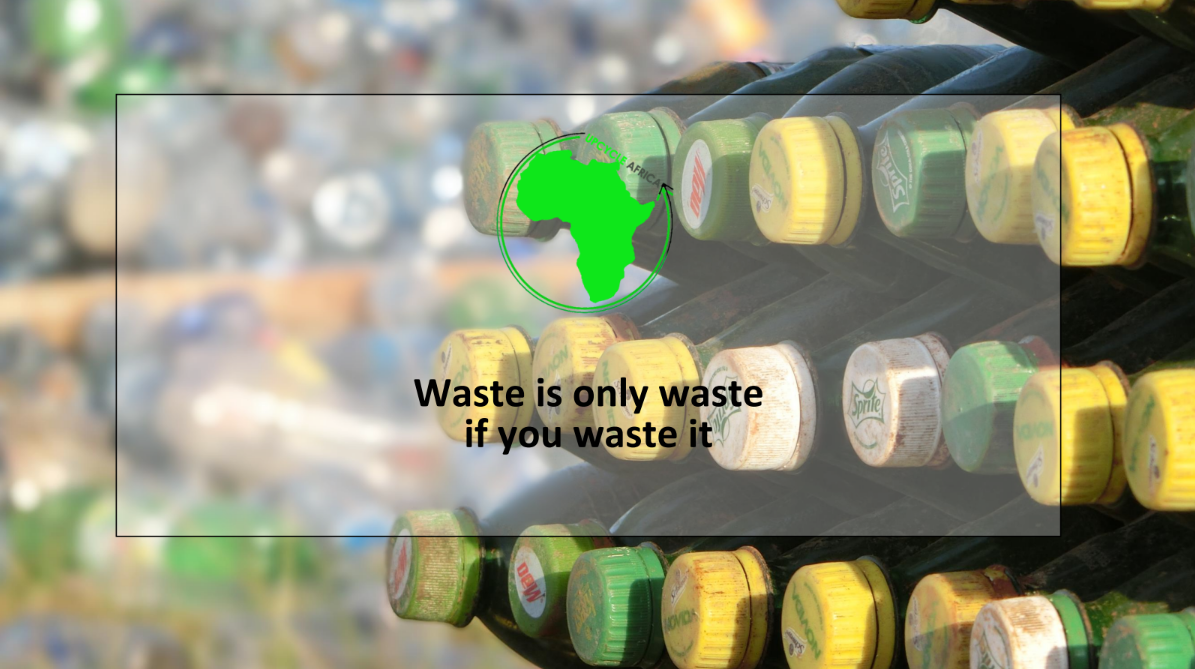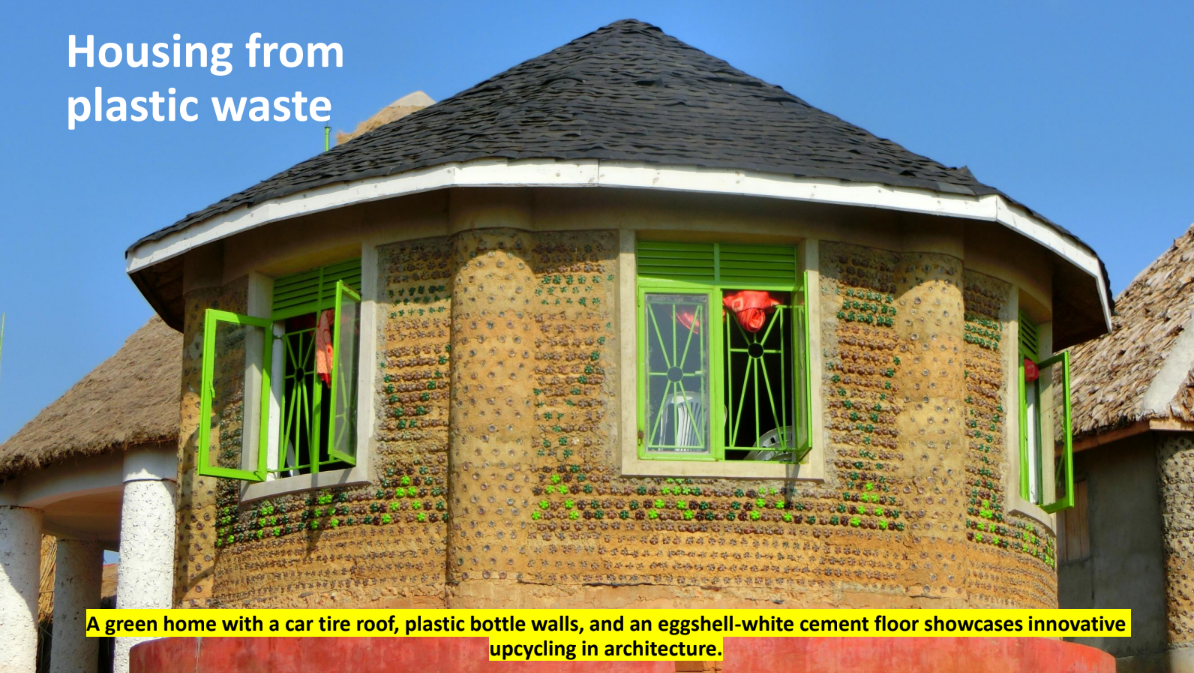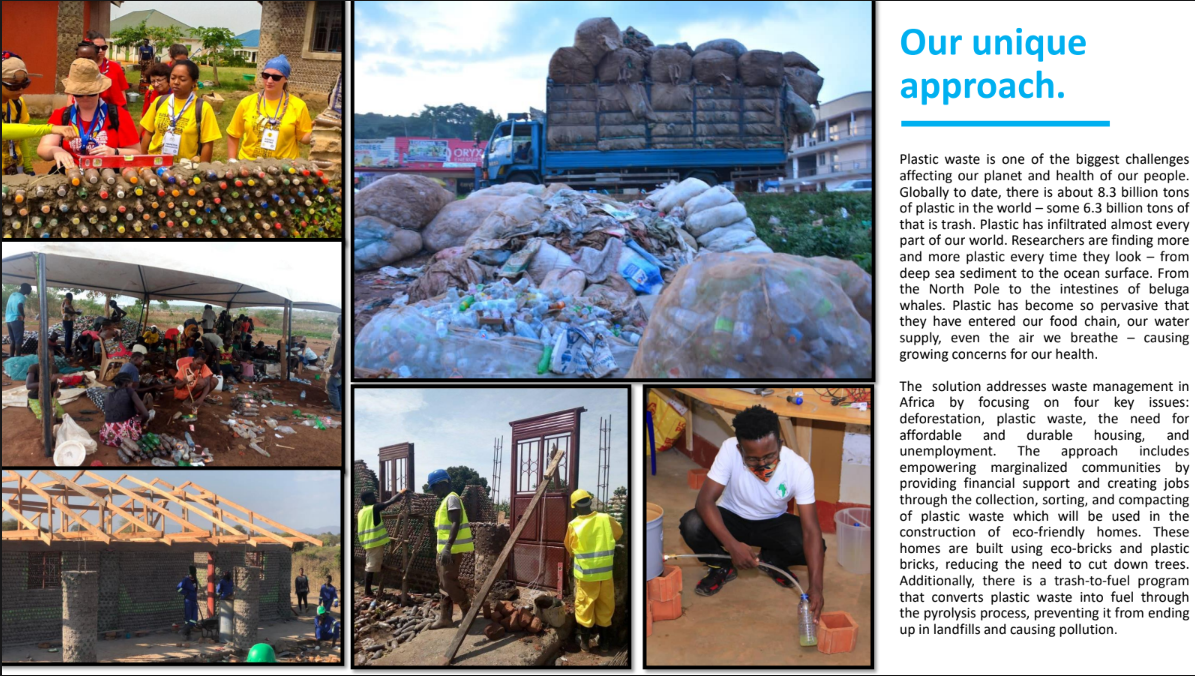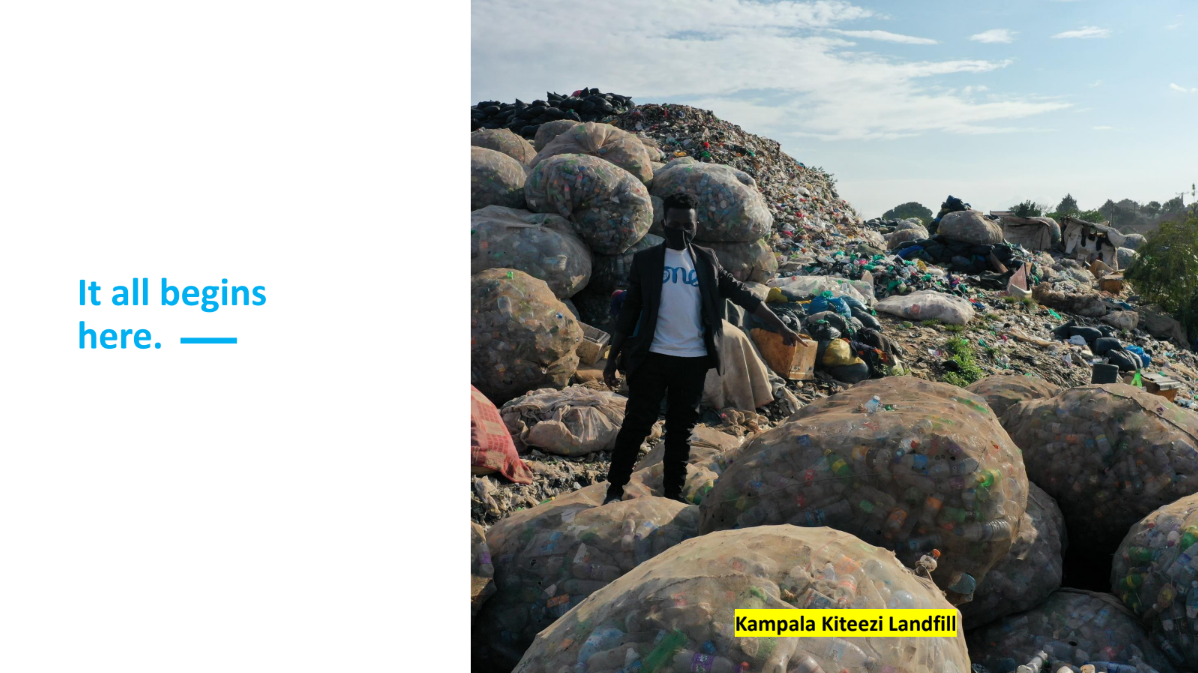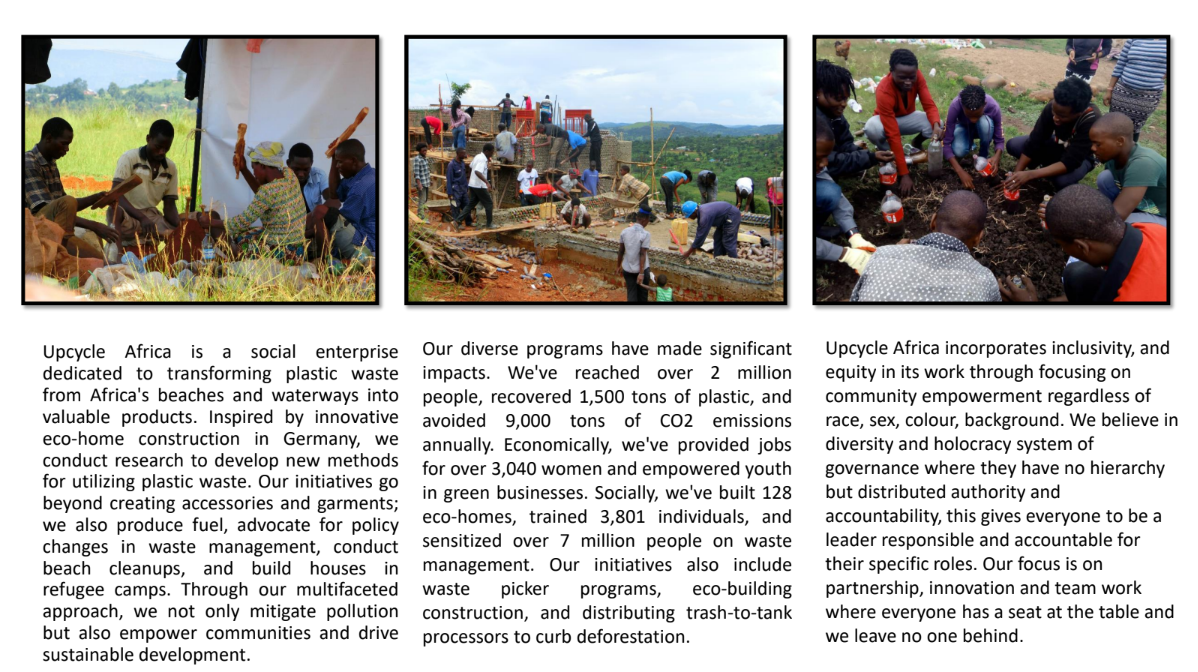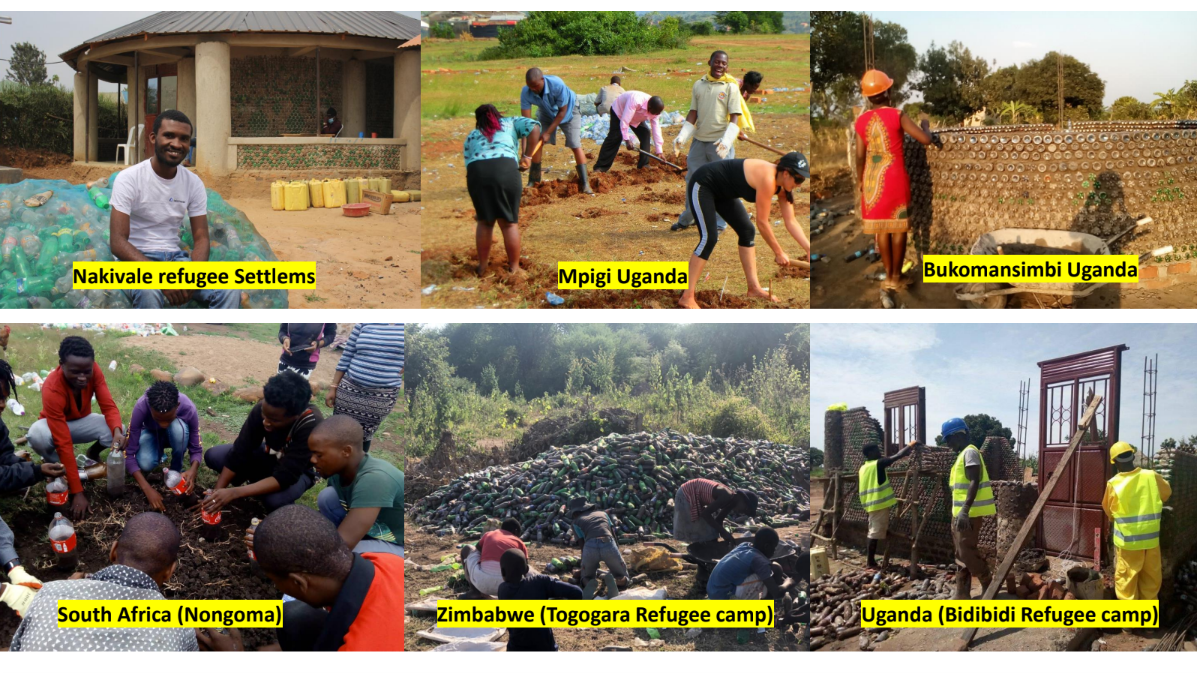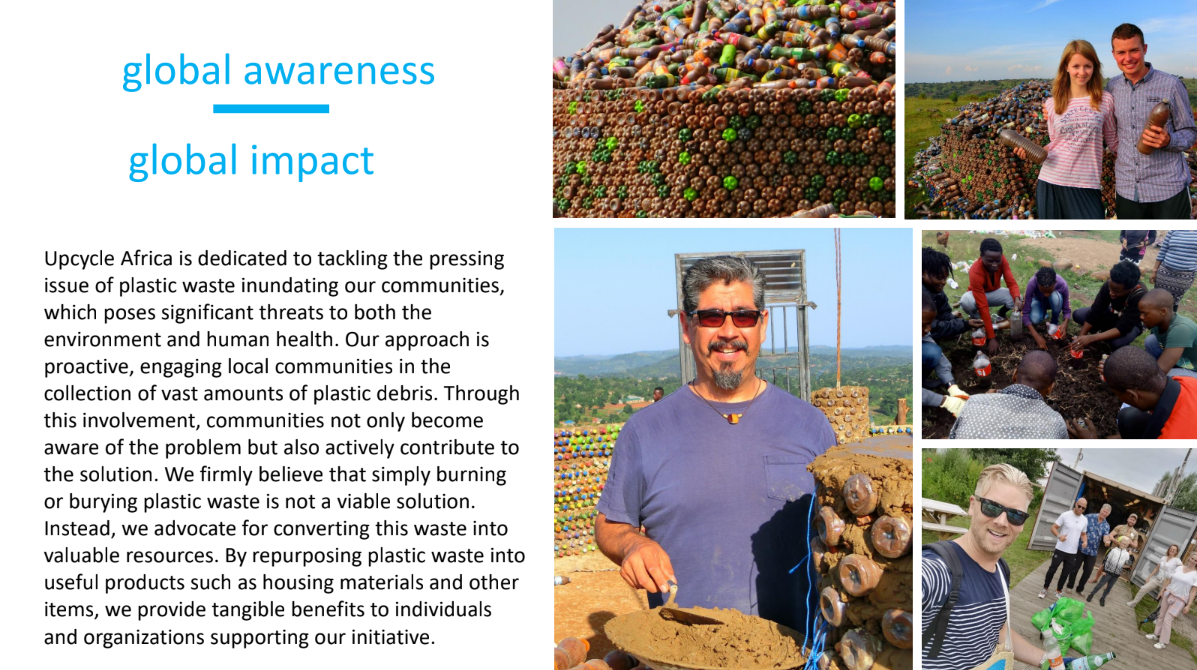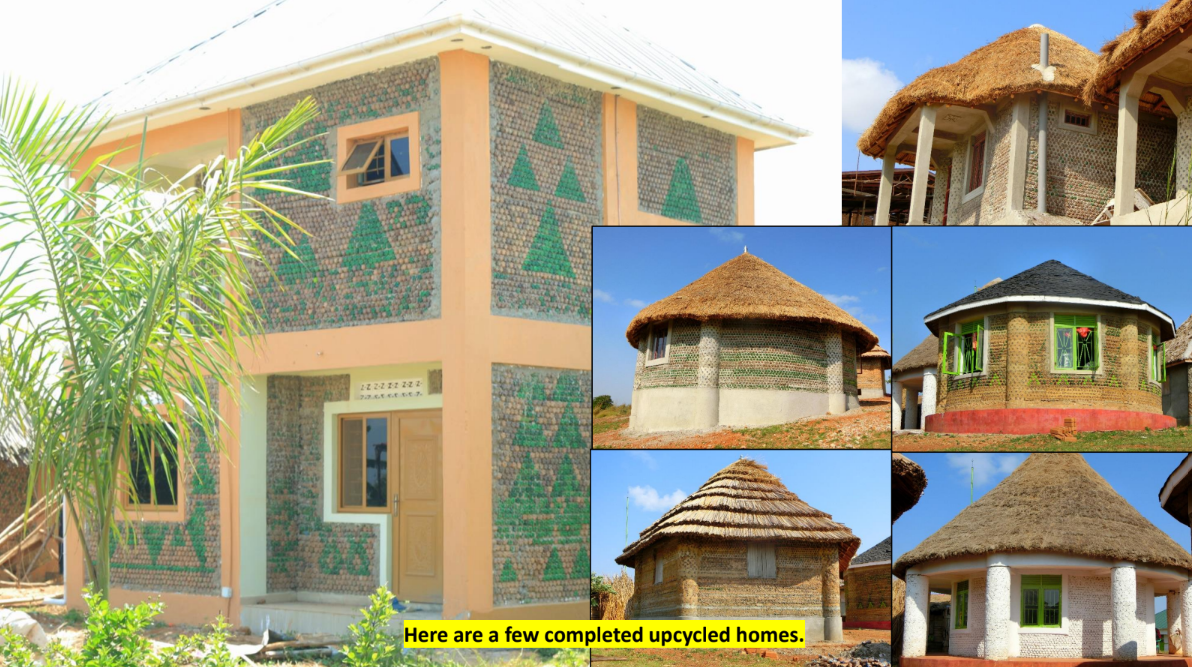I grew up in a small community where poverty and environmental degradation were everyday realities. My grandmother and I lived in a house that could barely withstand the harsh weather. When it rained at night, sleep was a luxury we could not afford. The drainage system around our home was clogged with plastic waste, and at just 19 years old, I experienced the worst tragedy of my life. Heavy rains caused the weak structure of our home to collapse. I survived with deep wounds, but my grandmother, the woman who had raised me, did not make it. Her passing left an emptiness in my heart, but it
also ignited a fire within me.
I channeled my pain into purpose, determined to ensure that no one else had to endure the same suffering. I founded Upcycle Africa, a social enterprise committed to transforming plastic waste into sustainable housing solutions. What started as a small initiative in Uganda has now grown into a movement that has scaled to seven African countries, providing affordable, eco-friendly housing to marginalized communities.

Johnmary Kavuma speaking at #OneYoungWorld2018
Upcycle Africa is more than a construction company; it is a symbol of hope. Through our work, we have empowered countless youth and women by providing them with skills in waste management, eco-brick making, and sustainable construction. We have turned plastic waste—once seen as a problem—into a valuable resource that builds homes, schools, and community centers. Our impact extends beyond Africa as we prepare to bring our sustainable housing model to Europe, starting with Ireland.
Our efforts have been recognized globally. In 2020, we received the prestigious UN-Habitat Scroll of Honour Award for our outstanding contribution to sustainable urban development. We were also honoredwith the IET Innovation Award in the c ategory of sustainability and environmental impact. But for me, the greatest reward is seeing families sleep peacefully in homes built from what was once waste.
My love for my community is what drives me every single day. I have walked the same paths as those we serve; I have felt their struggles and share their dreams. Upcycle Africa is not just about recycling plastic—it is about recycling lives, giving dignity to those who have been forgotten, and proving that even the most painful experiences can create something beautiful.
As we continue to expand, our mission remains the same: to build a world where plastic waste no longer pollutes our environment but instead provides shelter, jobs, and a better future for communities in need. Every brick we lay tells a story of resilience, and every home we build is a testament to the power of transformation.
This is the legacy of Upcycle Africa—a journey
from loss to impact, from waste to worth, and from despair to hope.
Our Approach
Plastic waste is one of the biggest challenges affecting our planet and health of our people. Globally to date, there is about 8.3 billion tons of plastic in the world – some 6.3 billion tons of that is trash. Plastic has infiltrated almost every part of our world.
Researchers are finding more and more plastic every time they look – from deep sea sediment to the ocean surface. From the North Pole to the intestines of beluga whales. Plastic has become so pervasive that they have entered our food chain, our water supply, even the air we breathe – causing growing concerns for our health.
The solution addresses waste management in Africa by focusing on four key issues: deforestation, plastic waste, the need for affordable and durable housing, and unemployment. The approach includes empowering marginalized communities by providing financial support and creating jobs through the collection, sorting, and compacting of plastic waste which will be used in the construction of eco-friendly homes.
These homes are built using eco-bricks and plastic bricks, reducing the need to cut down trees. Additionally, there is a trash-to-fuel program that converts plastic waste into fuel through the pyrolysis process, preventing it from ending up in landfills and causing pollution.
